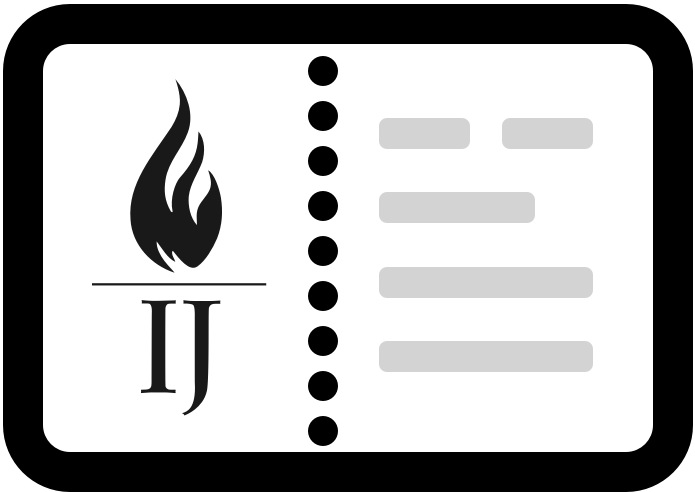Reforms
Occupational licensing presents significant public-policy issues. Licensing creates barriers to entry into occupations. In doing so, it shrinks the available number of jobs, lowers competition and increases prices to consumers by 15% or more. Unfortunately, these costs are not offset by additional consumer protection because licensing is generally an ineffective screen for frauds and incompetents.
Licensing also diverts resources to the political process. Trade associations and their lobbyists petition state governments for more regulations in order to increase the pay of members and the dues paid to association executives and lobbyists. Their interest in getting ever-more regulations reflects the public-choice problem that the benefits of regulations tend to be concentrated among the relatively limited number of licensees whose advocates prowl the halls of state capitols. By contrast, the higher costs are dispersed among millions of consumers who remain rationally uninvolved in the redistribution of wealth happening at state capitols across the nation.


